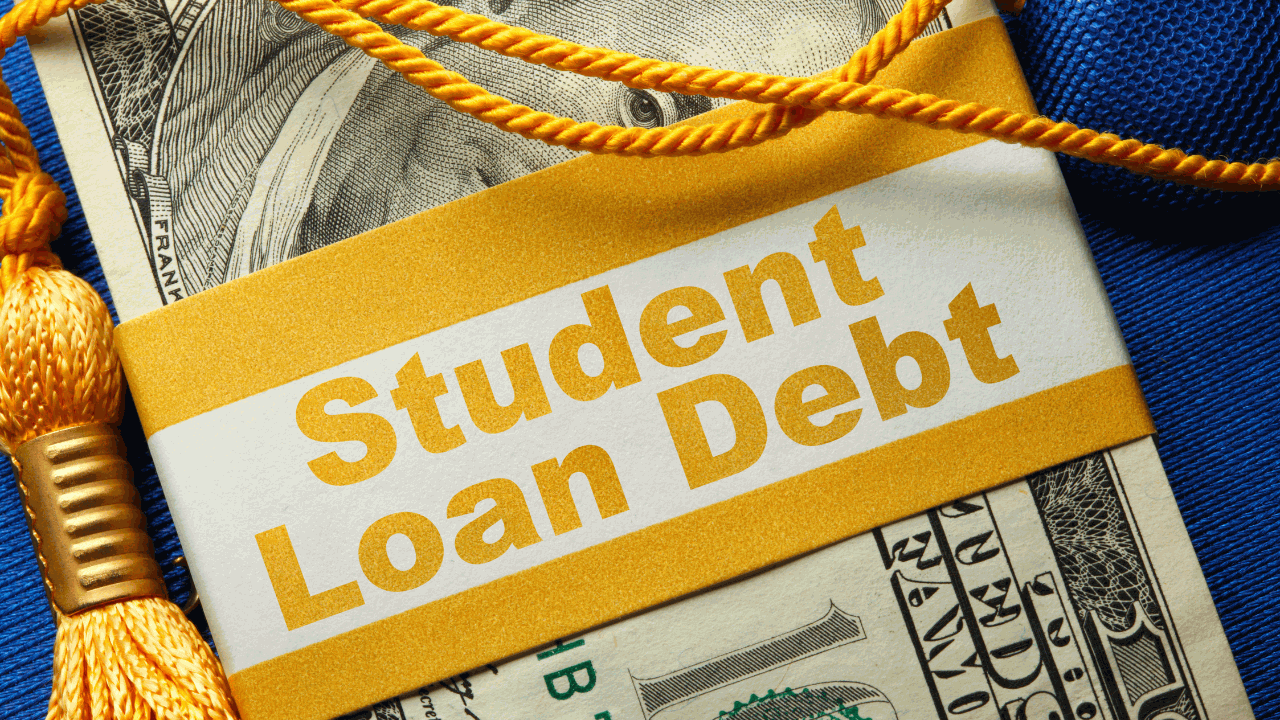
Impact of Missed Student Loan Payments on Your Credit
Student loans are a common means of financing higher education, offering opportunities for personal and professional growth. While they can be a valuable investment in your future, managing these loans responsibly is crucial. One aspect of responsible management is making timely payments. In this blog, we will explore the consequences of missed student loan payments on your credit score and financial well-being.
Understanding Student Loans: :
Before delving into the impact of missed payments, it’s essential to understand the types of student loans available. Federal loans, provided by the U.S. Department of Education, offer borrower-friendly terms, including income-driven repayment plans and loan forgiveness options. Private loans, on the other hand, are offered by banks or credit unions and may have less favorable terms.

The Importance of Timely Payments:
Timely repayment of student loans is essential for several reasons:
Credit Score:
Your payment history is a significant factor in determining your credit score. Consistently making on-time payments can have a positive impact on your credit rating.
Financial Health:
Missed payments can lead to late fees and increased interest charges, making your loans more expensive over time.
Loan Forgiveness Eligibility:
Certain loan forgiveness programs, such as Public Service Loan Forgiveness (PSLF), require consistent payments. Missing payments can jeopardize your eligibility for these programs.

Impact of Missed Student Loan Payments:
When you miss a student loan payment, several negative consequences may follow:
Credit Score Drop:
Late or missed payments can significantly lower your credit score. This can make it challenging to secure loans, credit cards, or favorable interest rates in the future.
Accumulation of Interest:
Unpaid interest accrues and capitalizes, increasing the total amount you owe. This can lead to a more substantial financial burden in the long run.
Loan Default:
If you consistently miss payments, your loans may enter default. Defaulting on federal loans can result in wage garnishment, tax refund offsets, and the loss of eligibility for deferment or forbearance.
Collection Efforts:
Lenders or collection agencies may engage in collection efforts to recover the unpaid debt. This can include phone calls, letters, and potential legal actions.
Negative Credit Report:
Late or missed payments are reported to credit bureaus, further damaging your credit history and making it harder to access credit in the future.
Preventing Missed Payments:
To avoid the negative consequences of missed student loan payments, consider the following strategies:
Set Up Auto-Pay:
Enroll in an auto-payment program to ensure your loans are paid on time each month.
Create a Budget:
Develop a monthly budget that accounts for all expenses, including student loan payments. This can help you manage your finances effectively.
Stay Informed:
Regularly check your loan statements and communicate with your loan servicer if you encounter financial difficulties. They may offer alternative repayment plans or temporary relief options.
Prioritize Payments:
Make student loan payments a financial priority to ensure they are not overlooked among other expenses.
Conclusion
Missed student loan payments can have a detrimental impact on your credit score and overall financial health. Responsible management of your student loans is essential to protect your financial future. By understanding the consequences of missed payments and implementing strategies to stay on track, you can navigate the challenges of student loan repayment successfully. Remember, your financial well-being is at stake, so prioritize your student loan payments and maintain a positive credit history.


